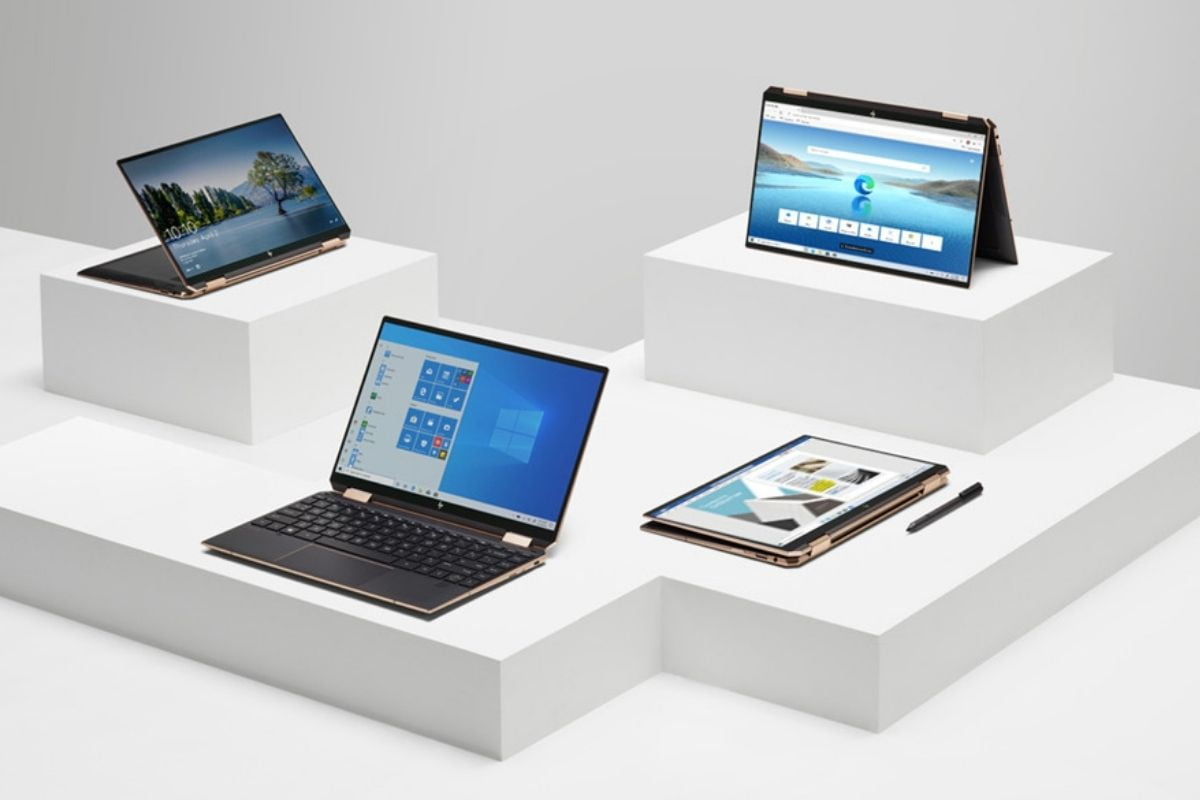In 2015, six years ago, Microsoft had been quite bold about Windows 10, deeming it to be a service rather than an operating system. The company had also mentioned that Windows 10 would be the last version of Windows as Microsoft wanted to continue releasing updates as a service. In 2021 however, things are a bit different. Microsoft has recently announced the expiry date for Windows 10 prior to the June 24 launch event that will see Windows 11 debut. The company has updated its official documents, stating out the EOL date for Windows 10. All versions of the Windows 10 operating system will be supported inclusive of security updates until October 14, 2025. That means the OS will be active for four years and provides a rather generous period for people to upgrade to Windows 11. This October 2025 date is applicable to all versions of Windows 10, from Windows 10 Home, Windows 10 Pro, Windows 10 Pro Education to Windows 10 Pro for Workstations. This renders Windows 10 is a service rather than an OS philosophy moot. Microsoft is yet to comment on why it made such bold claims.
Is Windows Really Getting a New Version?
In case you missed it, on June 24, Microsoft will go up on stage to announce what is rumoured to be the Sun Valley update for Windows. Rumours have pointed towards a full visual overall for Windows complete with better connectivity features that are made for modern devices. This will also be In tune with Microsoft cancelling Windows 10X, a lightweight OS for folding devices. This means that Windows 10 is no different from the Operating systems that is succeeded, having lasted for six years in the limelight. In fact, Windows 10 will, at the time of Windows 11’s launch beat out Windows XP by a couple of hundred days. In the course of its life, Microsoft’s OS has been subject to incremental upgrades every year when it comes to design, performance and features. At the time of launch, the Windows 10, in 2015 was a rather refreshed version of Windows 7 and the latest update allows for easier use and fewer bugs. With Windows 11, it is expected that Microsoft will carry over key Windows 10 features that have graced the last few builds. Apart from new icons and themes, the next version of Windows could offer a smarter Action Center complete with easier controls capable of integration with mobile devices. The one doubt regarding Windows 10 is in relation to the software licensing, as in whether or not it will be a free update for licensed Windows 10 users, much like it had done when launching Windows 10.
